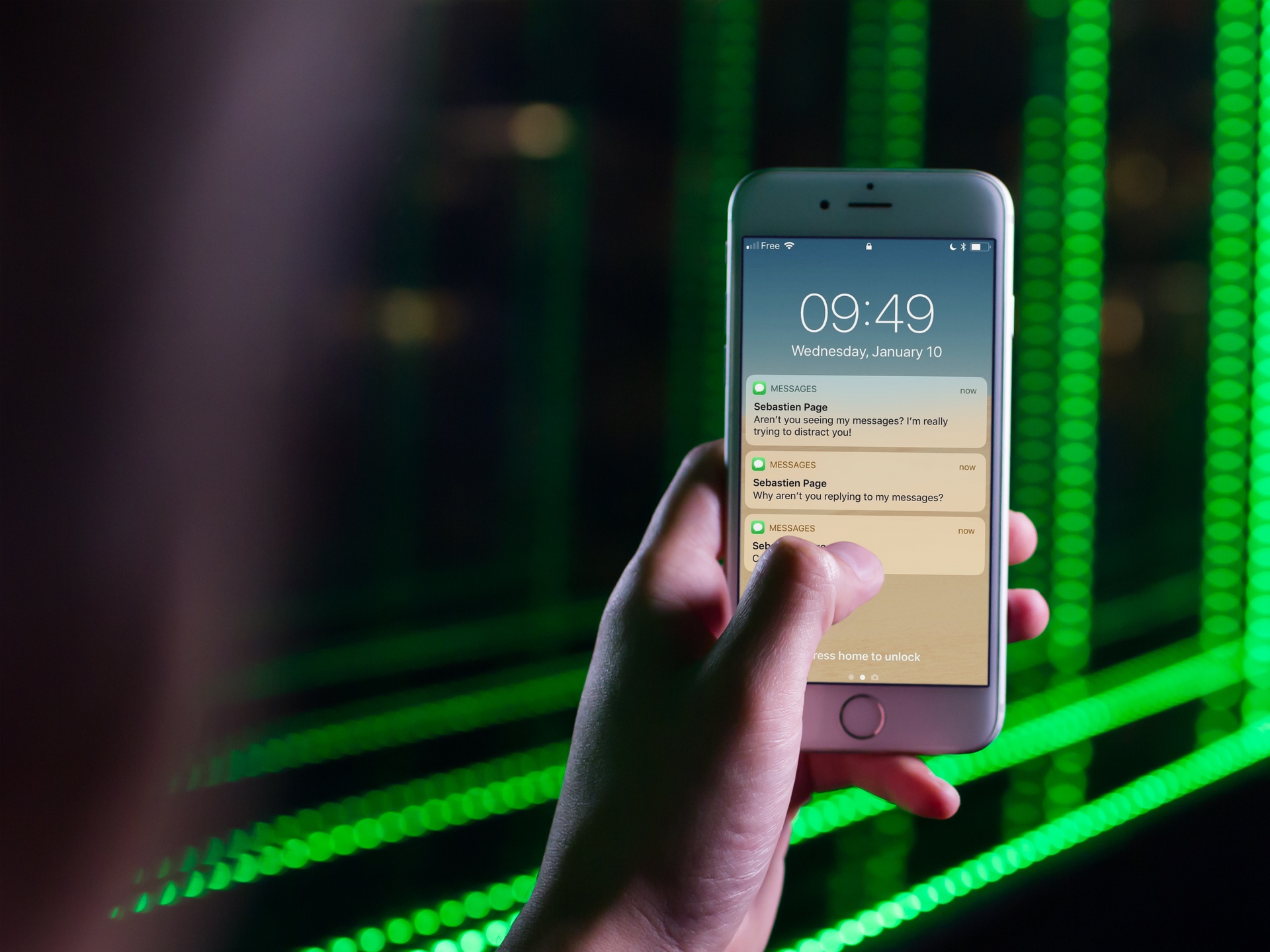


In October, the four major US wireless carriers - Verizon, AT&T, T-Mobile and Sprint - joined together to form the Cross Carrier Messaging Initiative, an effort aimed at standardizing RCS starting with Android in 2020. To use RCS, both your phone and your wireless carrier have to support it. Unlike Apple's iMessage and other messaging apps like WhatsApp and Facebook Messenger, Android RCS texting will not offer end-to-end encryption, which secures messages so only the sender and receiver can read them, Sanaz Ahari, director of product management for Google's communications services, told CNET's Rich Nieva.Īndroid rolled out these messaging features earlier this year in the UK, France and Mexico ("We'll continue to work on bringing this to everyone on Messages around the world," Google says). Users will also be able to name group chats, add or remove people to and from groups, and see if people in the group have seen the latest messages.Īndroid's new RCS chat feature allows you to name group messages, add and remove members, see who is typing and see who read the latest messages. See if people in a group have read the latest messagesĬreate a profile with your name and photo to share with othersĪndroid is replacing the 25-year-old SMS (that's Short Message Service) texting protocol with RCS, which gives users the ability to chat over Wi-Fi or mobile data, see when someone is typing to you, and see read receipts, according to a Google blog post. Send and receive high-resolution photos and videos


 0 kommentar(er)
0 kommentar(er)
